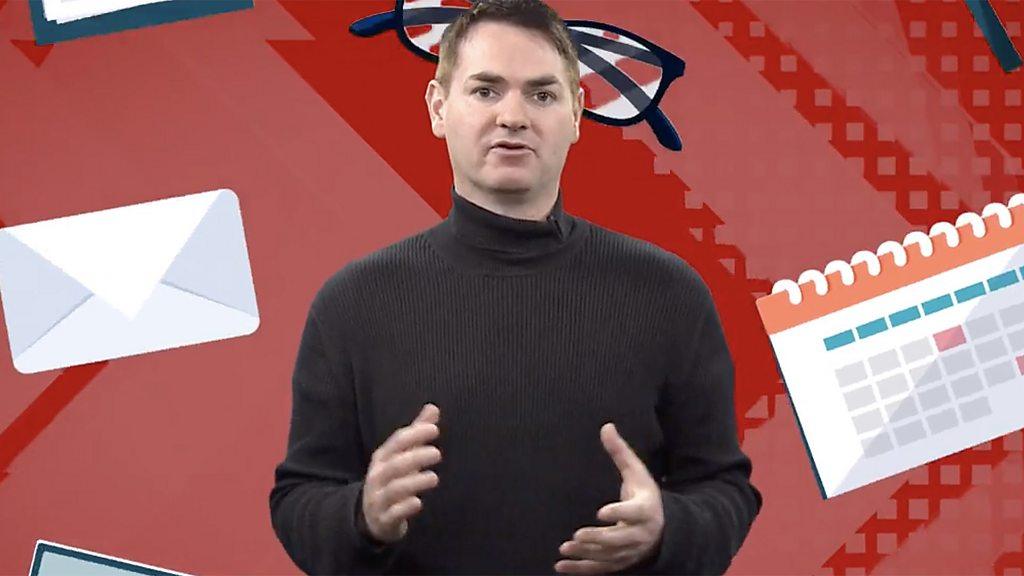Millions braced as energy price rise to be revealed
- Published

Millions of people facing a spike in energy costs will find out shortly how much more they will have to pay.
The energy regulator's new price cap - the maximum amount suppliers can charge customers for each unit of energy - is likely to add hundreds of pounds onto the annual bill for 22 million homes.
Ofgem's new cap for England, Wales and Scotland will take effect in April.
Ministers are reported to have plans to provide loans for energy firms to help them cut money from customers' bills.
Details of the new cap are due to be announced at 11:00 GMT.
A typical household will face an annual increase of more than £600 on their energy bill, with a further increase of as much as £400 to come in the winter after the next cap is set in six months' time, analysts at Cornwall Insight have said.
The cost of living in general is forecast to rise further this year, and the Bank of England will also announce on Thursday whether it will increase interest rates to combat rising prices.
There are also planned tax rises in April, with Prime Minister Boris Johnson under intense pressure to scrap an increase in National Insurance. But he, and Chancellor Rishi Sunak, said at the weekend the tax rise would go ahead.

Michael Ball says he is anxious about the price rise
Among those braced for the squeeze on their finances is 24-year-old Michael Ball, from Kirkcaldy.
His biggest worry is that a significant rise in energy prices could mean he would no longer be able to afford the rent on his one-bedroom flat, and would have to move back in with his parents.
"Anything over a 30% rise in April would make me leave this flat. I'm already spending more than my rent on energy," he said.
He said he was "very anxious" about the rise, and expected it to be a "big challenge".
How the cap works
The cap, which is announced every six months, sets the prices that suppliers can charge for each unit of energy as well as the standing charge.
This is then translated into the expected annual bill for a household that uses the typical amount of gas and electricity.
At present, that is £1,277, but analysts are predicting a 50% rise from April.
That does not mean there is a limit to how much people can pay. The more gas and electricity that is used, the higher the bill.
Anyone who is on a standard variable tariff, whose fixed deal has come to an end (or is about to), and those moved because their old supplier went bust will be affected by the new higher cap.
There is a separate cap for 4.5 million people on prepayment meters. It means a household using a typical amount of gas and electricity pays £1,309 a year.
Energy firms are struggling under the weight of surging wholesale gas prices. The new cap will allow them to pass some of that cost onto customers.
Why are UK energy prices so high?
Joe Malinowski, founder of energy price comparison website The Energy Shop, said: "The energy price cap has already bankrupted over half of all energy suppliers in the market. Now it is set to bankrupt the consumer.
"Come 1 April, energy households up and down the country are set to get battered by colossal increases in energy bills. For many, if not most, it will be simply unaffordable."
However, ministers are expected to announce a package of measures to reduce the immediate impact on households.
The plans are expected to include the Treasury's "rebate and clawback" scheme, which would involve providing around £5-6bn in loans to energy firms to enable them to lower bills from April - possibly by about £200.
But it has raised concerns among providers because the money would still have to be paid back eventually by billpayers.
As oil giant Shell announced a huge increase in profits, Labour has called for a windfall tax to pay to keep consumer bills down.
Shell's earnings reached $19.2bn (£14.2bn) in 2021, about four times the level recorded a year earlier.
"With oil and gas profits booming in recent months because of the spike in energy prices, it is clearer than ever that the North Sea oil and gas producers who have made a fortune recently should be asked to contribute," said Labour's shadow climate change secretary Ed Miliband.
"Our plan, part paid for with a one-off windfall tax on North Sea oil and gas profits, would save most households £200 off their bills, with targeted support of up to £400 on top of that to the squeezed middle, pensioners and the lowest earners.
'Unexplained'
Nigel Pocklington, chief executive of renewable energy supplier Good Energy, said there was "a lot unexplained" about the government's proposal, but added a £200 rebate would "help" households.
He told the BBC's Today programme: "It looks to be quite a complex and perhaps a slightly rushed proposal in that there's all sorts of open questions around what happens if a customer leaves you and you have borrowed money to smooth their bill?
"What happens if a customer is already on a low tariff? Do we cut that even lower?"
Meanwhile, the managing director of supermarket chain Iceland, Richard Walker, said he was concerned that "bricks and mortar" retailers and businesses were "going to bear the brunt" of rising energy prices.
"I think it's safe to say 2022 is probably set to be the hardest year ever for many UK families," he added.
"We are talking about energy prices and costs directly affecting consumers but that is also going to have a huge knock on effect for businesses too. In terms of grocery retail, every supermarket will be raising its prices."



Would you be affected by a rise in energy prices? Please share your experiences by emailing haveyoursay@bbc.co.uk, external.
Please include a contact number if you are willing to speak to a BBC journalist. You can also contact us in the following ways:
WhatsApp: +44 7756 165803
Tweet: @BBC_HaveYourSay, external
Please read our terms & conditions and privacy policy
Or use this form to get in touch:
If you are reading this page and can't see the form you will need to visit the mobile version of the BBC website to submit your comment or send it via email to HaveYourSay@bbc.co.uk, external. Please include your name, age and location with any comment you send in.
Related topics
- Published23 January 2022

- Published31 January 2022


